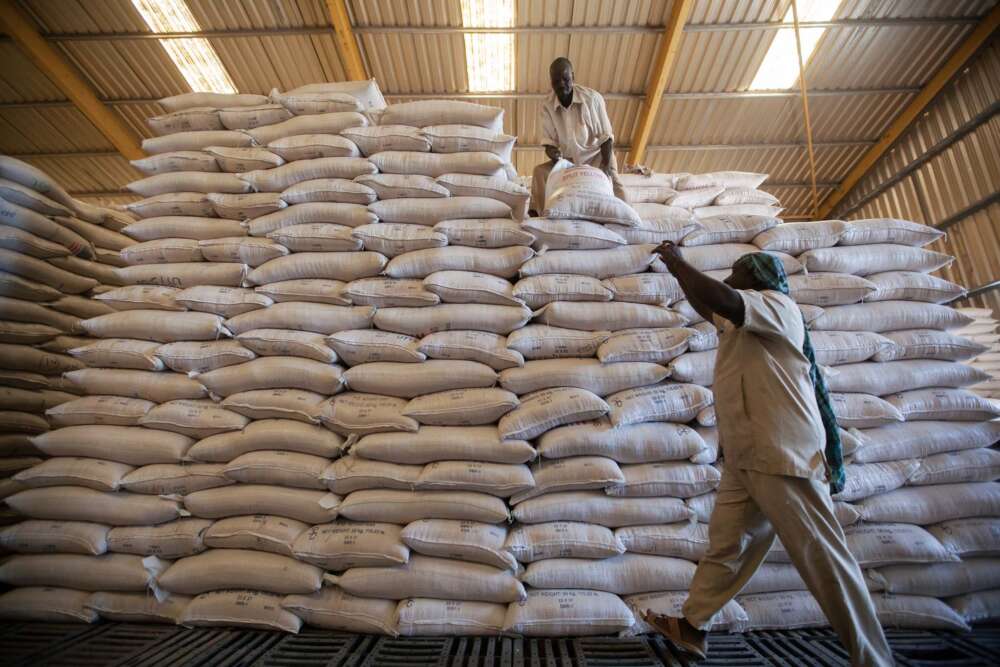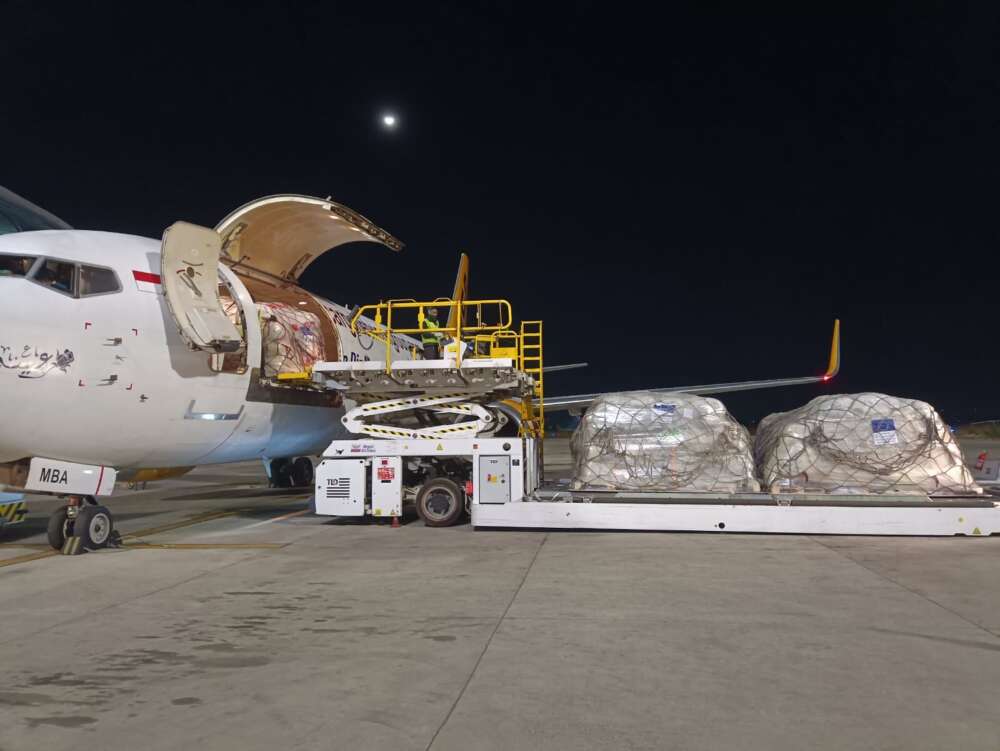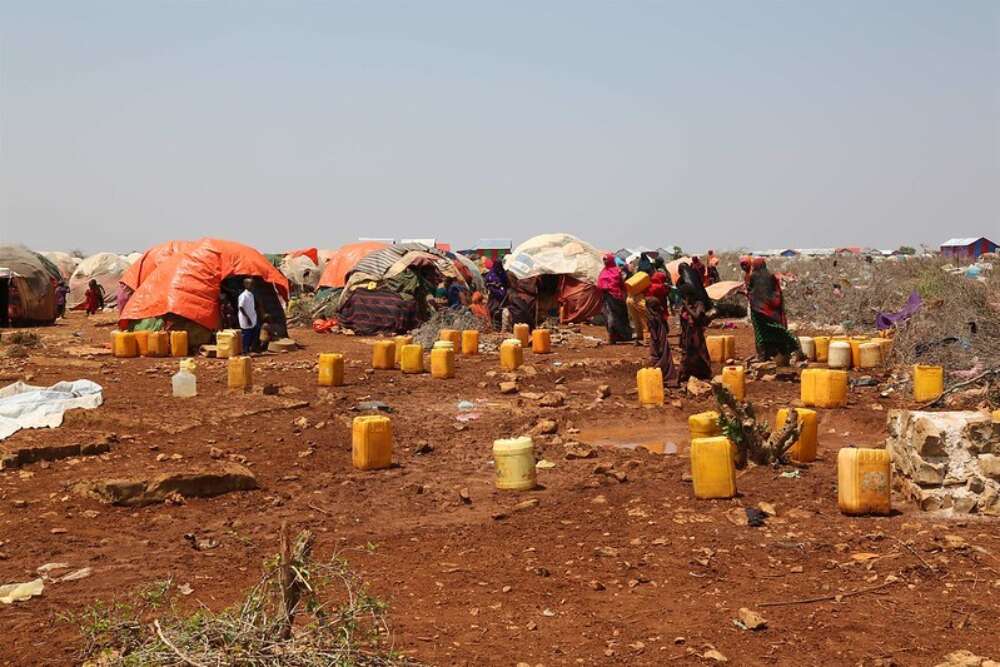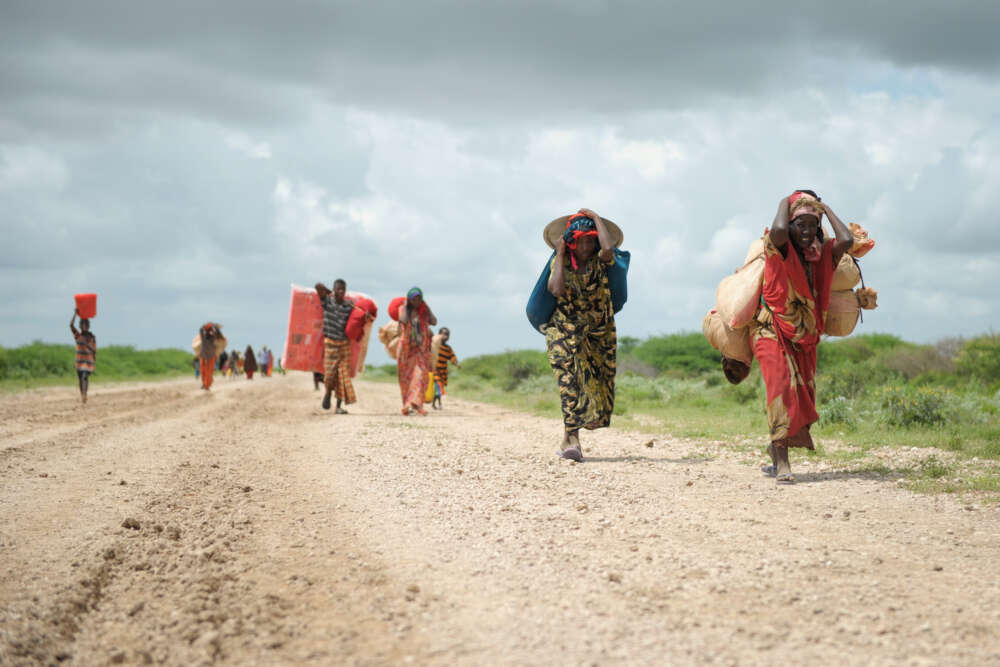Early Action: The State of Play 2023
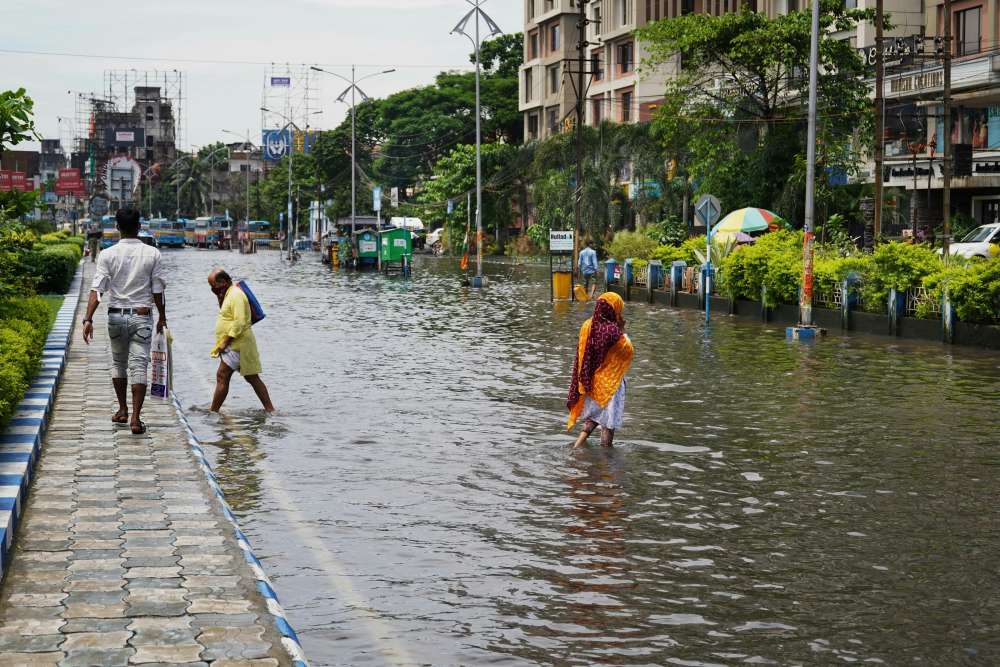
Launched at the UN Climate Action Summit in September 2019, the Risk-informed Early Action Partnership (REAP) brings together stakeholders across the climate, humanitarian and development communities with the aim of making 1 billion people safer from disaster by 2025. Now in their third year, the REAP State of Play reports provide snapshots of international, regional and national investments, commitments, and activities linked to early warning and early action.
Following the 2022 State of Play, the executive summary of which is also available in Arabic, French and Spanish, this year’s report was again produced by GPPi and focuses on the work of REAP Partners following last year’s recommendations. It also identifies upcoming (for 2024) and longer-term issues, and opportunities for addressing them; and provides an overview of commitments and activities that contribute towards REAP’s goals. The report comes together with a detailed assessment of REAP’s internal environment, the Partnership Stocktake.
In 2023, an ever-greater number of actors were engaged in the early warning early action agenda, including on policy development, investment, planning, and implementation. Because of this and the ensuing improvements to collaborative action, approaches to the agenda are also becoming more sophisticated and nuanced. Most actors support calls for humanitarian, development and climate actors to work in closer harmony, across sectors, regions and levels, as recommended by the 2022 State of Play. This year’s research and analysis highlighted three important ways to make that move:
- Integrate anticipatory action into the broader Disaster Risk Management cycle;
- Ground global policy debates in the realities of implementation;
- Make sense of the initiatives, partnerships and networks working on early warning and early action.
Access the full report for more insights on how to take these and other priorities forward.

